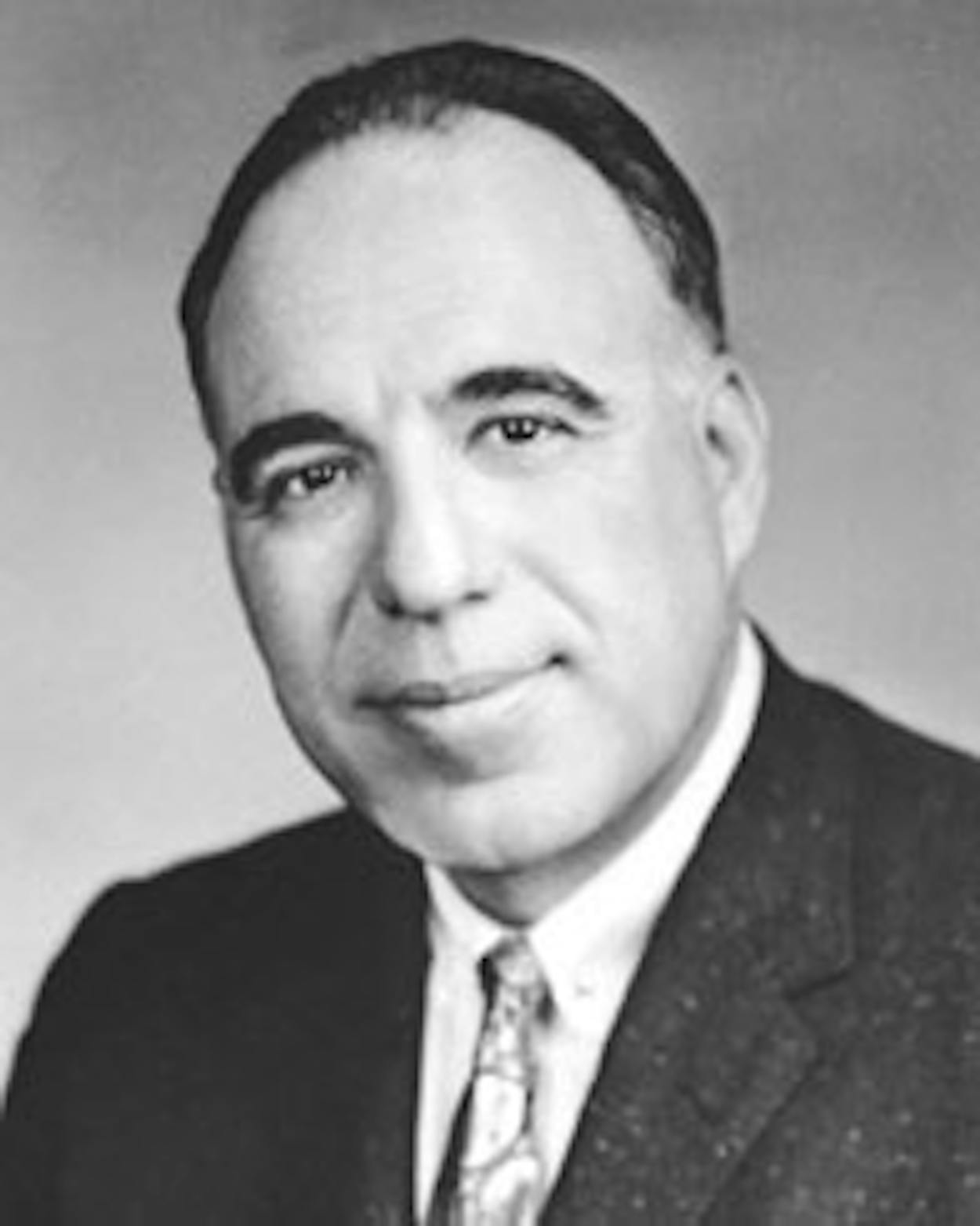Henry B. Gonzalez was the first Mexican American elected to the Texas Senate, in 1956; the first Mexican American to run for governor, in 1958; and the first Mexican American elected from Texas to the U. S. House, in 1961. But when he died in San Antonio on November 28 at 84, Henry B. was the last of the great Texas political jefes.
He lived life as one long, tumultuous filibuster and was suited for the job: He had an ego that demanded life-or-death combat, the heart of a philosopher, and the bladder of an elephant. As a young reporter in San Antonio, I used to meet him for breakfast regularly on Saturday mornings at Earl Abel’s restaurant, north of downtown. He always brought his own fresh jalapeño peppers from home, carefully collected in plastic wrap, for his scrambled eggs. He would arrive early, shake hands, and distribute souvenir pens that read “Henry B. Gonzalez, 20th Congressional District.”
With drooping jowls and furrowed brow, he confided all kinds of fantastic beliefs, like his theory that the assassinations of President John F. Kennedy and Martin Luther King, Jr., and the attempt on George Wallace’s life were all the result of conspiracies. The next moment he would chuckle like a child and relive the pleasure he took in 1962 of getting his first bill—one that abolished the poll tax—through Congress.
He was often not in control of his own emotions. He railed against real and imagined enemies, calling them “skunks” and “scoundrels,” and threatened to give anyone who challenged his beliefs a “knuckle sandwich,” as he once did to an Earl Abel’s customer who called him a communist. Then, in the next breath, he would reveal some endearing memory—like the fact that he still treasured every book his father had given him—and look as if he might weep. As the hours passed, I marveled at his oratorical abilities and his physical stamina. Midway through the weekly filibusters, I would be in sheer agony but wouldn’t have dared make a move toward the restroom. Like everyone in San Antonio, I both feared and admired Henry B. After all, he was regarded as only slightly less powerful than God and just as easy to offend.
On the West Side, the city’s predominantly Mexican American neighborhood, working-class people still have photographs of Gonzalez and former president Kennedy hung side by side on the walls of their living rooms and small businesses. He was not only the voice of the West Side; he was also the hands, the legs, the face, the individual embodiment of the enormous aspirations of first-generation Mexican Americans. He was born on May 3, 1916, in San Antonio but traced his family back to 1561 in Mexico. For much of his early life, Henry B. wrestled with a question that faced an entire generation of West Side residents. Namely, were they primarily Mexicans or Americans? As a child, he thought his family might one day return to Mexico. He grew up speaking Spanish. However, by the time he got his first job, as a juvenile probation officer for Bexar County, Gonzalez had settled the issue: He was a stubborn, early proponent of assimilation.
He wanted to be the first Mexican American politician to represent the whole community, and he lived long enough to fulfill that ambition. His great moment in history came in 1957, when he waged a long and dramatic filibuster in the Texas Senate against the first of a package of bills designed to resist desegregation. “I appeal to the future for my vindication,” he said, and he did not have to wait long; proponents abandoned the rest of their proposals. When he was first elected to Congress, he placed a sign outside his door that read simply “This Office Belongs to the People of Bexar County.” It was more than a slogan to him: It was the only public code he ever knew.
When forced to retire in 1998 after 37 years because of heart problems, Gonzalez only reluctantly gave up the office to his son Charlie. “I am happy to be here” was all he said on the floor of the House when Charlie Gonzalez was sworn in as his replacement in January 1999. But Henry B. didn’t look happy. He looked miserable. He wanted the filibuster to go on forever.







